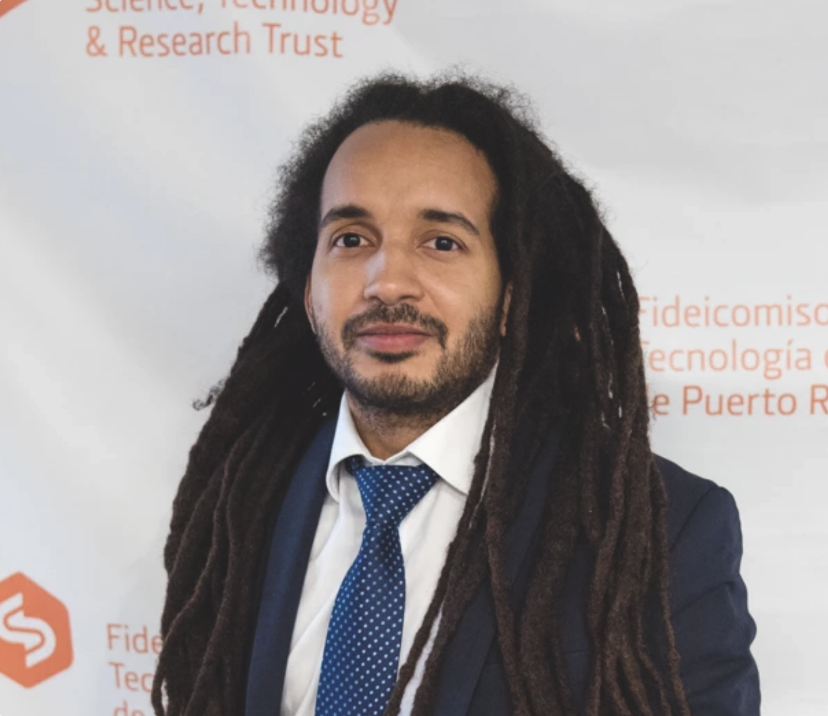By Chad English
Published April 22, 2014
Title: Lessons From Leopold (Part I)
Categories: About COMPASS, Policy
Tags: fellowships, relevance, training, Chad English
As a scientist with an ever-growing list of responsibilities, you want to invest your time wisely in any activity you take on. Even as time becomes an increasingly valuable commodity, many of you manage to carve out a slice of that time to participate in policy dialogues. So, how do you invest that precious time wisely?
In previous blogs on policy engagement, we’ve talked about the issue of bias, the need to speak about your science at multiple scales, and the importance of understanding the decision-makers’ tradeoffs. But we haven’t yet talked about how to maximize the impact of your efforts.
Over the last several months we have had the privilege of working with a group of Leopold Leadership Fellows to jump-start their involvement in policy discussions. Working with the Leopold program, we developed a process to help each Fellow find their starting point for long-term policy engagement. Their experiences illustrate creative approaches to making your time in the policy space productive.
Start From Their Questions
The starting point for many Fellows was getting policymakers to articulate the challenges and questions they were struggling to resolve. Leopold Fellow Dr. Karen Lips studies how diseases affect the health (and in some cases threaten the existence) of native frogs, salamanders, and other species. She’s spent time looking at the risk presented by diseases that hitch a ride into North America on imported animals. Through conversations with agency and Congressional staff who were working on the issue, Karen came to realize that some straightforward analysis of existing data could help answer questions that were directly relevant to policy choices related to animal imports.
Positioning yourself as a network node between the science and policy communities can provide outsized returns on the time you invest engaged in policy dialogues.
(CC BY-NC-SA by PhOtOnQuAnTiQuE on Flickr)
Network Nodes
Now, Karen is working with a cadre of graduate students crunching numbers to help answer those very specific questions and illuminate the larger implications of species imports. She is working with other scientists as well, and is able to share their collective knowledge with policymakers. In this way, she is acting as a network node, giving policymakers access to the expertise of a whole community – not just her own research.
Be a Convener
When her analyses are complete, Karen will be poised to play another role many scientists find themselves positioned to play, and that has the potential to have a dramatic impact on policy dialogues – convener. She has talked with a number of industry, academic, government, and scientific players who are interested in disease and species imports. When her analysis is done, Karen will have new, credible insights to share about the impact of imports on species throughout the US. She can use the fact of these insights to bring these stakeholders together to discuss their implications. All the stakeholders will have a new reason to begin a conversation that can help clarify the problem and point to solutions.
For Karen, and many of the other Fellows, demonstrating value as a network node is the beginning of lasting involvement in policy dialogues. If Karen had come to the policy makers with a data set that was less directly applicable to decisions they had to make, she likely would have had a significantly smaller impact and less involvement in the process. But her willingness to ask what information policy makers were seeking, and to help them access it, has allowed her to begin a dialog and secure a seat at the table.
The truth is that there are exceptionally few opportunities to have lasting impact on policy discussions unless you become an active participant. Once you find your entry point, positioning yourself as a node who can provide access to a broader body of science, or playing the role of convener – or both – is a great way to maximize the return on investment of your limited time.
In a future post we’ll highlight some of the ways Leopold Fellows and others have marshaled their resources to be able to play these roles very effectively while minimizing their time investment.
Dr. Chad English worked at COMPASS from 2007-2015. This post was transferred from its original location at www.compassonline.org to www.COMPASSscicomm.org, August 2017.



